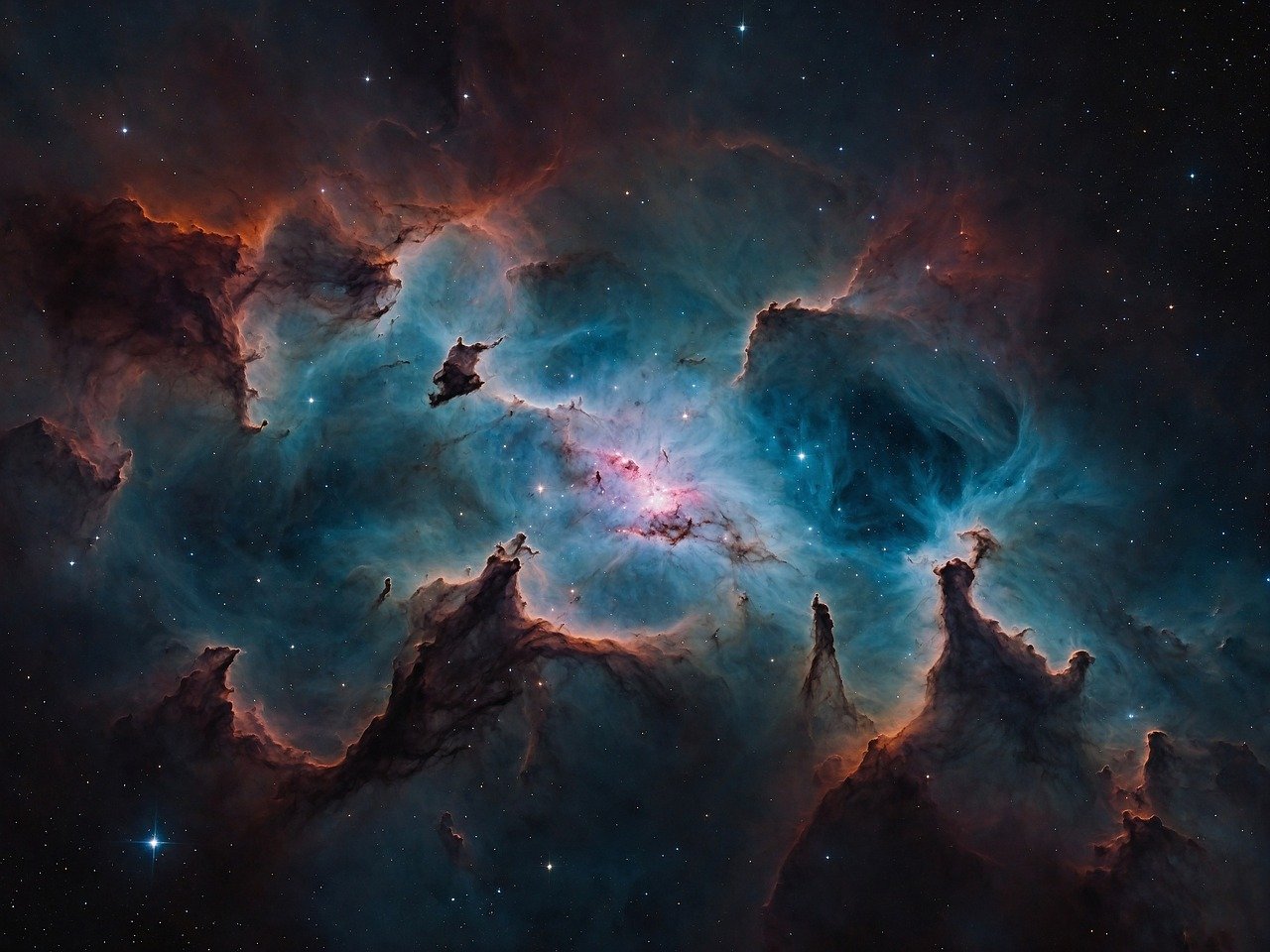Recent analyses of type-Ia supernovae data suggest that the universe’s accelerated expansion may be an illusion, challenging the necessity of dark energy in cosmological models.
Key Points at a Glance
- Type-Ia Supernovae Observations: These stellar explosions serve as “standard candles” for measuring cosmic distances.
- Timescape Cosmology: This model proposes that the universe’s apparent acceleration results from its complex structure, not an unknown force.
- Implications: If validated, this perspective could eliminate the need for dark energy in explaining cosmic expansion.
In 1998, astronomers observed that distant type-Ia supernovae appeared dimmer than expected, leading to the conclusion that the universe’s expansion is accelerating. This observation gave rise to the concept of dark energy, an unknown force proposed to drive this acceleration.
However, recent studies challenge this interpretation. Researchers have analyzed the Pantheon+ dataset, the most comprehensive compilation of type-Ia supernovae observations to date. Their findings suggest that the apparent acceleration may be a result of the universe’s inhomogeneous structure rather than an actual increase in expansion rate.
The timescape cosmology model, introduced by physicist David Wiltshire and colleagues, posits that the universe’s large-scale structure—comprising galaxies, voids, and filaments—affects the propagation of light. In this model, variations in gravitational forces cause time to pass at different rates in different regions, leading to the illusion of accelerated expansion when observing distant supernovae.
This perspective challenges the standard Lambda-Cold Dark Matter (ΛCDM) model, which incorporates dark energy as a constant force driving acceleration. The new analysis indicates a strong preference for the timescape model over ΛCDM, suggesting that dark energy may not be necessary to explain cosmic expansion.
If further research supports these findings, it could revolutionize our understanding of cosmology, eliminating the need for dark energy and prompting a reevaluation of the universe’s fundamental dynamics. However, it’s essential to approach these results with caution, as they represent a significant shift from established cosmological theories.
As the scientific community continues to explore these possibilities, upcoming observations and analyses will be crucial in determining the validity of the timescape model and its implications for our understanding of the universe.
